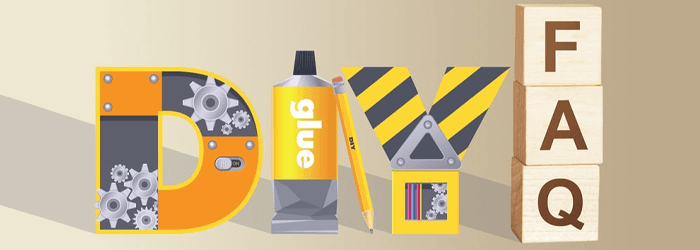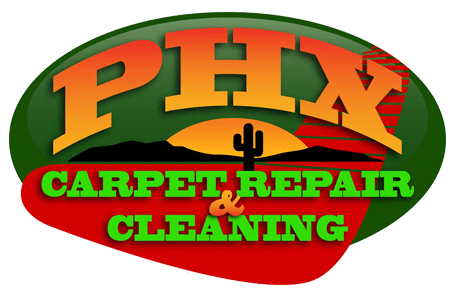When your air conditioning system kicks on too often or one room is hotter than the others, it may be time to get a home energy audit.
Just like x-rays and bloodwork diagnose health problems, a home energy audit incorporates advanced equipment and technology to diagnose where your home is losing energy.
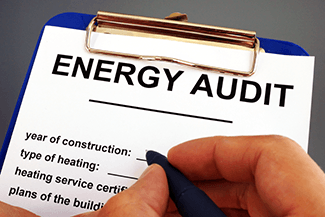
“A good energy audit is based on the numbers of the tests performed and consideration of your lifestyle. Those factors combined with the experience of the energy auditor will reveal ideal ways to reduce energy bills, fix hot rooms, and improve air quality,” says David Byrnes Rosie on the House Certified Partner, Green ID.
The Process
A solid home-performance auditor doesn’t stop at pointing out your home’s energy flaws. After conducting tests at your house, the energy specialist will determine how a problem or a solution in one area of the house might affect the performance in another — good or bad.
For example, Green ID’s home energy audit includes a 14-point process designed to find ways of saving you energy.
Homeowner Interview
This is a crucial first step because you are one of the most important sources of information.
Visual Inspection of the House
The auditor will look for potential venting problems, window and sun exposure, and typical construction defects that may lead to other issues.
Whole House Blower Door Test
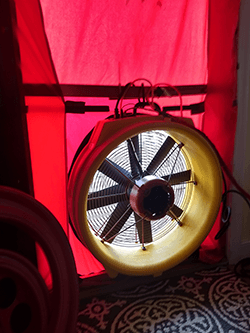
This test measures how leaky your home is and isolates where the leaks occur.
Duct Leakage Test
This test measures the amount of leakage in the ductwork, and a visual inspection of the ducts in the attic.
Duct Design Evaluation
An inspection of how the ducts were placed and installed is conducted to find opportunities to properly air balance the home, relocate ducts, or add new registers for maximum airflow.
Infrared Camera Inspection
Green ID’s Infrared Camera Inspection will spot hidden defects in the insulation – pointing out hotspots that may be causing discomfort.
Utility Bill Analysis
An analysis of your past energy use may indicate a pattern of what’s happening in your home.
Static Pressure Test
This process will evaluate your HVAC system, ductwork, and registers and report how well the airflow is moving through the delivery system and if the system is starving for air.
Pressure Test
Green ID’s Pressure Test will identify pressure imbalances between rooms that exaggerate dust and allergens, air leaks and make the HVAC system work harder than needed.
Water Heating Evaluation
The water heater’s temperature settings, feasibility for alternative heating sources, and other energy-saving opportunities will be reviewed.
Insulation and Air Barrier Evaluation
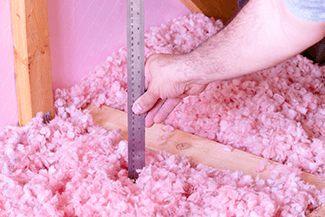
Good insulation is one of the crucial ways to save energy at home. An inspection of your attic’s insulation condition and how the insulation was installed will be conducted. Poor installation or a lack of knowledge by home builders and insulation contractors often leaves many homes improperly insulated.
Pool Pump Evaluation
Energy-saving opportunities that are often overlooked, including the second biggest energy user in your home, the pool pump system, will be reviewed.
Home Energy Report
The final step in Green ID’s home energy audit is to summarize their findings, giving you modeled cost savings from an advanced heat load calculation we perform on your home. They will itemize each recommendation with clear pricing that includes the possibility of 18 months same-as-cash payment.
Improvements from your energy audit may qualify you for rebates from your utility company. Be sure the energy auditor guides you through the process so you can save money and energy.
Beware of FREE Energy Audits

Byrnes suggests skipping the free energy audits because they are generally just sales presentations and estimates. The harm in these free audits is what they miss by not doing a thorough inspection. “There is no way to visually look at the ductwork and tell how much the entire system let alone one duct line is leaking,” he says. “This is important because duct leaks are often hidden under the outer and insulative liners covering the actual connections of the ductwork.”
Insulation defects are another commonly missed item during a free energy audit. If the “auditor” just sticks their head up the attic hatch or never goes past the plywood walkway in the attic, expect a cookie-cutter solution that will not fix any insulation defects. When the installers come to do the work, they won’t know what they are looking for and literally blow right over the problem.
DIY Home Energy Audit
You can check your energy usage and perform an audit. Depending on how comfortable you are crawling around your attic, you can even search for obvious duct leakage around connecting ducts. Here are some DIY energy-saving checks.
- Check the timer settings on your pool pump. Set it to off-peak hours and reduce to turn the pool over once per day.
- Program your thermostat settings to Supercool the home and change your APS rate plan to Saver Choice Max and SRP rate plan to E27. If you have a different energy provider, contact them for a comparable plan.
- Keep the interior bedroom and office doors open.
- Shade the sun stuck windows with shade screens or landscaping.
- Keep your filters clean.
- Clean the coils on the refrigerator.
- Turn the temperature down to 130 degrees on the water heater.
There are tests an energy auditor will do that most homeowners can’t, and years of knowledge they have amassed. “Being a good energy auditor requires knowledge of building science, being a good detective, and getting your hands dirty and crawling around attic spaces while being focused on solving home durability, comfort, health and safety, and efficiency problems,” says Byrnes. “We do this day-in and day-out.”
Sometimes the best thing Byrnes and his team finds is that there was nothing to find. Other times it can seem like the list of recommendations is endless. “Either way, you are more informed than when you started, he says.”
GreenID offers energy audits for $99 in the Metro Phoenix area.
Home Maintenance To-Do | #EnergyAudit
###
PODCAST
For Memorial Day Weekend, we list the places to pay your respects for the fallen who served our country proud. Plus, David Byrne of Green ID discusses a Home Energy Audit, building science based on the numbers of the tests performed, and consideration of your lifestyle. Those factors combined with the experience of the energy auditor will reveal ideal ways to reduce energy bills, fix hot rooms, and improve air quality. We also answer homeowner questions on Super Cooling, mounting a flagpole on a stucco home, and a drywall repair issue.

